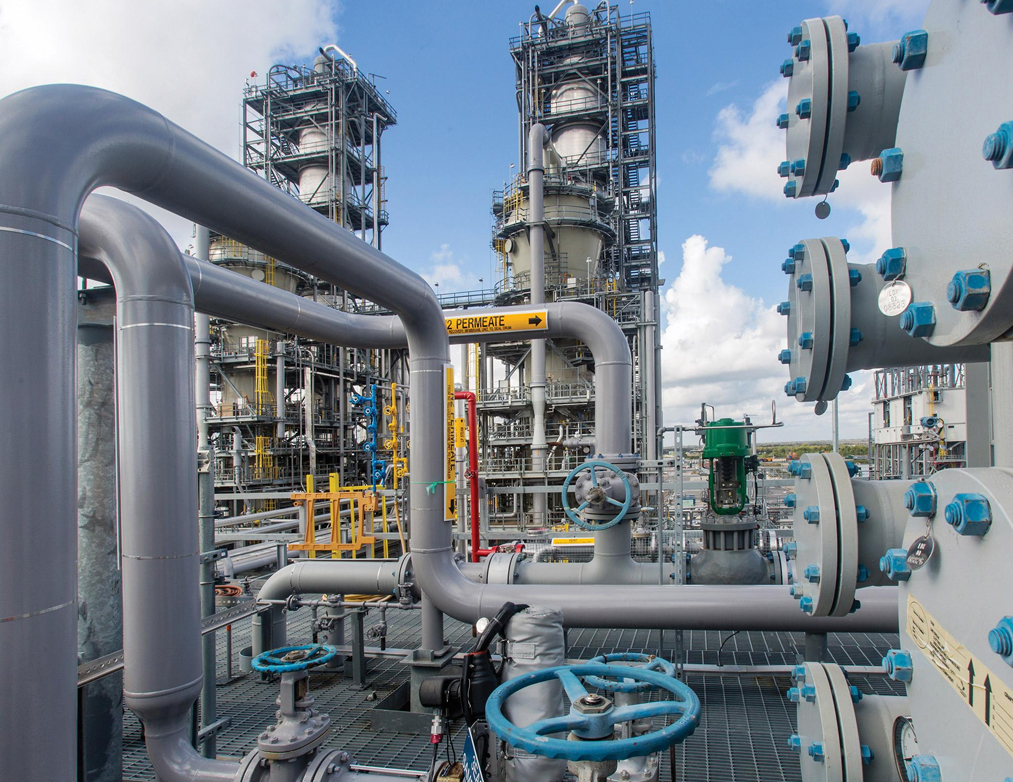English
- Afrikaans
- Albanian
- Amharic
- Arabic
- Armenian
- Azerbaijani
- Basque
- Belarusian
- Bengali
- Bosnian
- Bulgarian
- Catalan
- Cebuano
- Corsican
- Croatian
- Czech
- Danish
- Dutch
- English
- Esperanto
- Estonian
- Finnish
- French
- Frisian
- Galician
- Georgian
- German
- Greek
- Gujarati
- Haitian Creole
- hausa
- hawaiian
- Hebrew
- Hindi
- Miao
- Hungarian
- Icelandic
- igbo
- Indonesian
- irish
- Italian
- Japanese
- Javanese
- Kannada
- kazakh
- Khmer
- Rwandese
- Korean
- Kurdish
- Kyrgyz
- Lao
- Latin
- Latvian
- Lithuanian
- Luxembourgish
- Macedonian
- Malgashi
- Malay
- Malayalam
- Maltese
- Maori
- Marathi
- Mongolian
- Myanmar
- Nepali
- Norwegian
- Norwegian
- Occitan
- Pashto
- Persian
- Polish
- Portuguese
- Punjabi
- Romanian
- Russian
- Samoan
- Scottish Gaelic
- Serbian
- Sesotho
- Shona
- Sindhi
- Sinhala
- Slovak
- Slovenian
- Somali
- Spanish
- Sundanese
- Swahili
- Swedish
- Tagalog
- Tajik
- Tamil
- Tatar
- Telugu
- Thai
- Turkish
- Turkmen
- Ukrainian
- Urdu
- Uighur
- Uzbek
- Vietnamese
- Welsh
- Bantu
- Yiddish
- Yoruba
- Zulu
Telephone: +86 13120555503
Email: frank@cypump.com
Sep . 19, 2024 23:31 Back to list
pumps slurry
Understanding Pump Slurry A Key Component in Mining and Industrial Processes
Pumps slurry play a crucial role in various industrial processes, particularly in mining, construction, and wastewater management. Slurry refers to a mixture of solid particles and liquid, often water, used in many applications to transport materials efficiently. Understanding the dynamics of pumps slurry is essential for optimizing operations and ensuring equipment longevity.
In the mining industry, slurry pumps are primarily employed to transport mineral slurries from one point to another. These slurries can contain finely ground ore particles mixed with water, which creates a thick, viscous fluid that can be challenging to manage. The design of slurry pumps is tailored to handle the abrasive and corrosive nature of these mixtures, thus ensuring that the pumps function effectively without excessive wear and tear.
One of the defining features of a slurry pump is its ability to manage high solids concentrations while maintaining a steady flow rate. The pump's construction often includes materials such as rubber or high-chrome alloys, which enhance resistance against abrasion. Additionally, the hydraulic design of these pumps focuses on maintaining efficiency at varying levels of viscosity and solid content, making them versatile for different operational demands.
pumps slurry

Moreover, the importance of slurry pumps extends beyond just the physical transportation of materials. In many cases, slurry transport is integral to the overall efficiency of mineral extraction processes. For instance, effective slurry management can lead to better recovery rates of precious metals, improved resource utilization, and reduced environmental impact. Therefore, the selection and maintenance of suitable slurry pumps become pivotal in achieving operational goals.
One critical consideration when working with pumps slurry is the pump's operating environment. Factors such as temperature, pressure, and the nature of the slurry itself all influence the performance and longevity of the equipment. Regular maintenance and monitoring are essential to prevent issues such as clogging, excessive wear, or pump failure. Companies often employ real-time monitoring systems that provide data on the performance of the pumps, enabling proactive maintenance strategies.
In addition, advancements in technology have led to the development of more efficient and reliable slurry pumps. Innovations such as variable speed drives, advanced materials, and smart monitoring systems have significantly improved the performance and adaptability of these pumps in challenging conditions. These advancements not only enhance efficiency but also contribute to reducing energy consumption, which is increasingly important in today’s eco-conscious industrial landscape.
In conclusion, pumps slurry are indispensable in various industrial applications, particularly in the mining sector. Their design and functionality allow for the efficient transportation of abrasive and viscous mixtures, directly impacting operational efficiency and productivity. Understanding the intricacies of these pumps, coupled with ongoing technological advancements, is vital for industries reliant on slurry transport to maintain a competitive edge and promote sustainable practices. As the industry continues to evolve, keeping abreast of developments in slurry pump technology will remain a priority for engineers and operators alike.
-
ISG Series Vertical Pipeline Pump - Chi Yuan Pumps Co., LTD.|Advanced Hydraulic Design&Energy-Efficient Solutions
NewsJul.30,2025
-
ISG Series Vertical Pipeline Pump - Chi Yuan Pumps Co., LTD.
NewsJul.30,2025
-
ISG Series Vertical Pipeline Pump - Chi Yuan Pumps Co., LTD.|energy-efficient fluid handling&industrial durability
NewsJul.30,2025
-
ISG Series Vertical Pipeline Pump - Chi Yuan Pumps | Advanced Engineering&Industrial Efficiency
NewsJul.30,2025
-
ISG Series Pipeline Pump - Chi Yuan Pumps | High Efficiency, Energy Saving
NewsJul.30,2025
-
ISG Series Vertical Pipeline Pump-Chi Yuan Pumps|High Efficiency&Reliable Performance
NewsJul.29,2025










